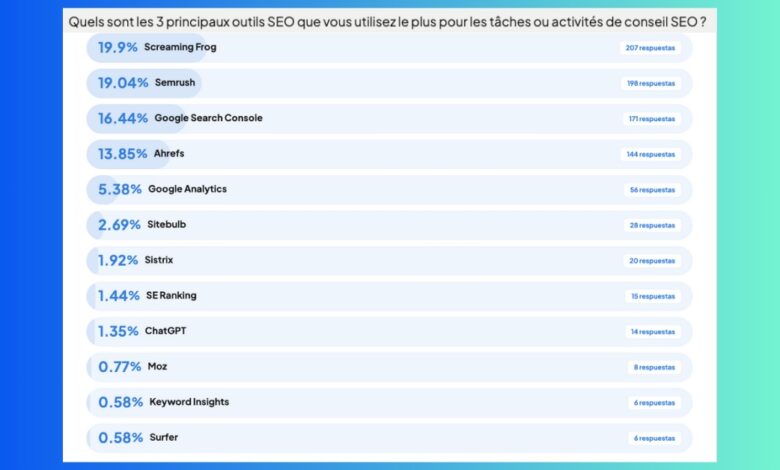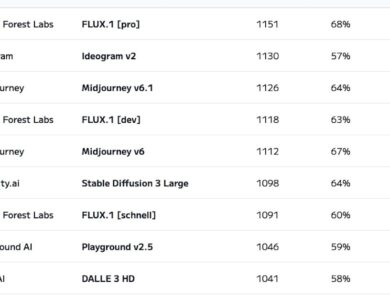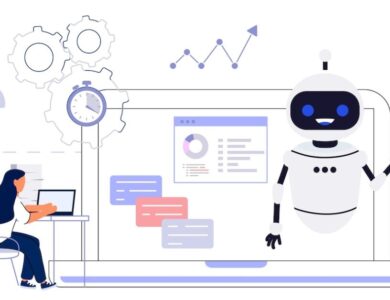What are the tools most used by professionals?

Platform bringing together information, news and advice on SEO, SEOFOMO conducted a study with 337 SEO specialists, working in agencies or independently. The objective: “understanding the current landscape of SEO consulting”in particular by highlighting the practices and tools of professionals.
How SEO consultants and experts work
For 43% of the experts surveyed, it is “more difficult” today of “sell SEO consulting services” than two years ago. “A few years ago, it was the Covid period, and the adoption of digital marketing accelerated because people had no choice but to use it while confined at home”says Anthony Barone, co-founder and CEO of StudioHawk UK, quoted in the study. To find their clients, SEO consultants must therefore intelligently target the right people. These are now found through “references from customers or other companies” for 77% of the professionals surveyed. This is the largely majority lever, while natural referencing only represents 39% of customer acquisition.
Most SEO consultants prefer to focus on ongoing SEO processes (79%) rather than one-off SEO consultations (56%).
To deliver their advice, SEO professionals mainly use video conference calls (88%), then team messaging platforms (53%) and project management systems (39%). Physical meetings only occur for 35% of respondents. SEO consulting activity is therefore increasingly carried out remotely. And to transmit their recommendations, SEO consultants mainly use Google tools: Sheets/Excel for 90% of them, Docs/Word for 65%, Slides or Microsoft PowerPoint (62%). All these recommendations are mainly provided to clients located in North America (59%) and Europe (57%).
Top 10 Most Used Tools by SEO Consultants
Regarding the analysis tools used by SEO councils, SEOFOMO was able to produce a top 10 based on the responses of participating professionals. Here is the ranking (see cover image):
- Screaming Frog: 19.9%
- Semrush: 19.04%
- Google Search Console: 16.44%
- Ahrefs: 13.85%
- Google Analytics: 5.38%
- Sitebulb: 2.69%
- Sistrix: 1.92%
- SE Ranking: 1.44%
- ChatGPT: 1.35%
- Moz: 0.77%
Other tools don't appear in the rankings, but are particularly popular, as Lily Ray, VP of SEO Strategy at Amsive, explains: “The three main tools I like to use in our audits are Power BI, Ahrefs, and Diffbot. We like to have a holistic view of the site and combine all possible data points from many different sources, so we rely on Power BI to bring all of this information together in one place.”
Discover the best SEO analysis and optimization tools
AI in SEO: between adoption and threat
As for AI, SEO professionals have definitely embraced it. Most SEOs use AI tools or features in their daily activities. This is the case for 81% of them. An additional 13% have also expressed their ambition to use AI in the near future. Only 6% have no intention of doing so. “Everyone is integrating AI into their workflows, but this further increases competition and further blurs our value propositions as consultants.”says Jono Alderson, an independent technical consultant.
But artificial intelligence could also represent a threat to SEO advice. AI Overviews, the new way of searching for information on the web that Google is trying to implement, as well as the adoption of language models for search, and AI personalization of results, are considered a threat to the profession in the coming months, for 41%, 37% and 32% of the experts surveyed respectively. Ultimately, it is Google that worries professional SEOs the most. 52% of them fear that the firm's future updates will favor certain types of sites (UGC, big brands) or Google's own services (48%).



